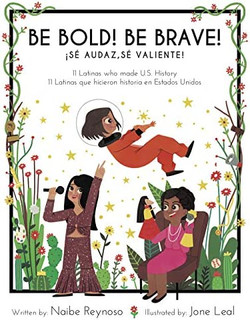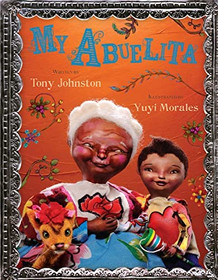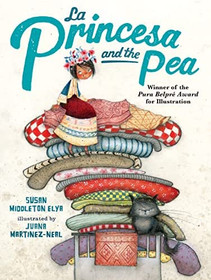DÍA DE LOS MUERTOS, or Day of the Dead, is a joyful celebration and remembrance of deceased loved ones.
Originating in Mexico, it is thought to blend the Indigenous Mexica (Aztec) celebration of Mictēcacihuātl (deity of the underworld and caretaker of the bones of the dead) and the Catholic celebration All Saints Day.
The spirits of the dead are believed to return home on this day and spend time with their family. To welcome the dead, families build ofrendas, or altars, in their honor. Ofrendas often include cempasúchil (marigold) flowers, candles, photos of the deceased, papel picado (intricately cut tissue-paper), as well as the favorite food and beverages of the deceased. It is believed the smell of the cempasúchil flowers and the light of the candles help the dead find their way back to their family.
Día de los Muertos is also a celebration of human life and acknowledges the symbiotic relationship between life and death. It’s a reminder that death is just a normal part of life—not to be feared—but embraced, often with humor. Toys and food, including cookies and pan de muerto (bread of the dead), are created in the shape of symbols of death, such as calaveras (skulls) and skeletons. People also paint their faces to resemble skeletons.
The Meher Schools Equity & Inclusion Committee has created our school’s first Día de los Muertos ofrenda and invites school families of all backgrounds to honor their deceased loved ones by placing their picture on the altar and/or writing them a message.






















































































































































































